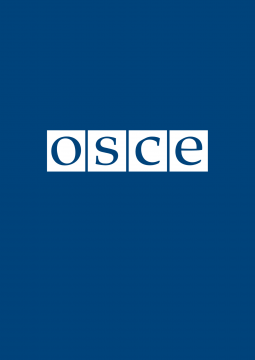OSCE Annual Report 1995

The difficulties encountered in 1995 in dealing with both new and old conflicts highlighted the risk of the transition period being further extended. The general atmosphere was marked by uncertainties about the potential and role of the UN and regional and subregional organizations. While the demands and needs for international involvement further increased, the limits to the availability of international support and the reluctance of States and international organizations to extend their involvement indicated unresolved structural problems. Against this background and under the leadership of the Hungarian Chair, the OSCE increased its contribution to conflict prevention and resolution, began developing new approaches to military aspects of security and started the discussion on a Security Model for the 21st century.
The views, opinions, conclusions and other information expressed in this document are not given nor necessarily endorsed by the Organization for Security and Co-operation in Europe (OSCE) unless the OSCE is explicitly defined as the Author of this document.
